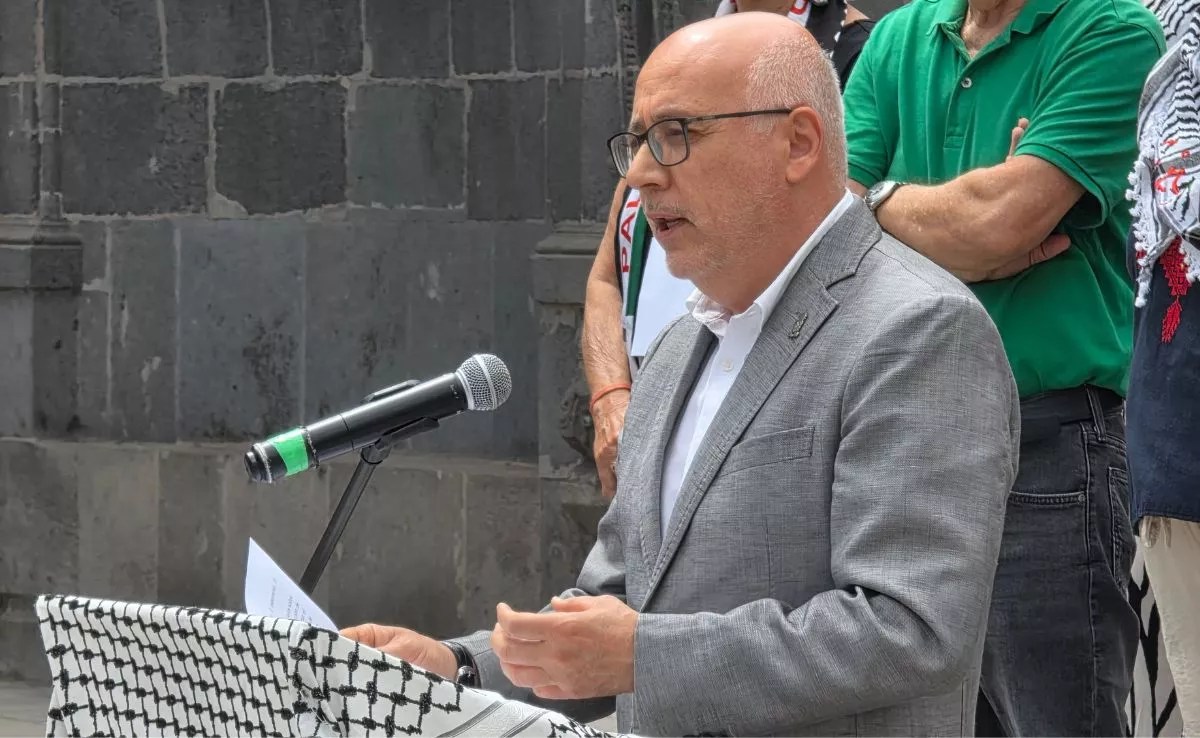The Governing Board of Urban Planning for the Santa Cruz City Council, presided over by Councillor Zaida González, provisionally approved last week a proposal to amend the Building Ordinance. This aims to better respond to the present requirements of the capital, removing bureaucratic hindrances, clarifying procedures, and providing more adaptable solutions for urban development. This document is now set to be presented at the municipal plenary session for initial approval, as confirmed by the city council yesterday.
The mayor of Santa Cruz, José Manuel Bermúdez, emphasises that “we are undertaking a modification of utmost significance for the city’s development, which will particularly impact the daily lives of our residents, enabling them to enhance their homes thanks to the endorsement of this amendment to the Building Ordinance fostered by the Municipal Planning Management.”
Following the endorsement by the Governing Board of Urban Planning, the Regional Commission, and the Government Board regarding the modification, it will now be the plenary session that supports it, ensuring that once the relevant administrative processes are addressed, it will be definitively approved at the beginning of the forthcoming year.
Zaida González remarked that “this 2021 ordinance emerged in a context of transformation in urban planning after the annulment of the 2013 General Planning Plan. Since then, we have identified areas for improvement to provide greater clarity and streamline processes,” and she emphasised that “this will benefit both municipal technicians and citizens who require urban planning procedures.”
Among the amendments suggested through this ordinance revision, the permission for temporary high-rise parking is particularly noteworthy, responding to the increasing demand for flexible and temporary solutions in parking space management. These parking facilities will be modular and removable, thus ensuring they do not evolve into uncontrolled permanent structures.
It will permit lighting and ventilation for staircases, as existing regulations impose strict requirements for direct natural light for general use staircases. Consequently, it is proposed to allow alternative systems, such as approved solar tubes, which deliver comparable lighting, thereby facilitating the design of more flexible and contemporary buildings.
Furthermore, it is clarified that urgent or imminent works should be confined to essential safety measures, such as shoring, to eliminate the confusion that previously existed regarding the types of actions that could be undertaken under this scope. The necessity for agreements from the owners’ meetings will be abolished, as the aim is to expedite procedures by lifting the requirement to provide these agreements in several instances. Instead, responsible declarations will be permitted, lowering bureaucracy and accelerating processes without jeopardising legal certainty.
Moreover, following the pandemic, we have recognised how vital it is to have open areas in homes. Hence, the introduction of balconies and terraces in new residential developments is encouraged, intending to enhance the quality of life within the city. Similarly, some of the stipulations concerning the installation of smoke evacuation systems in kitchens and other areas are being relaxed, permitting the usage of recirculation extractors under specific conditions.
















